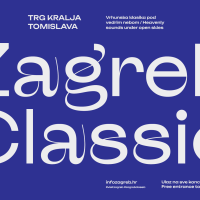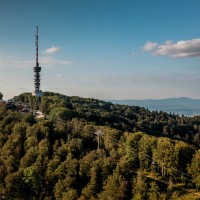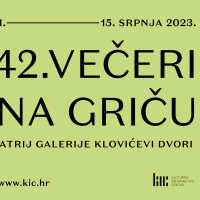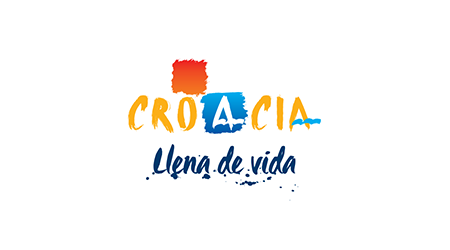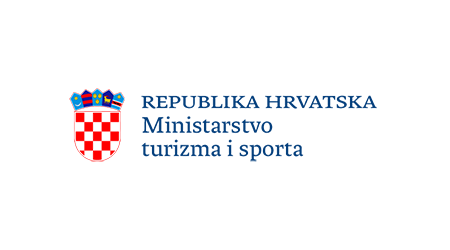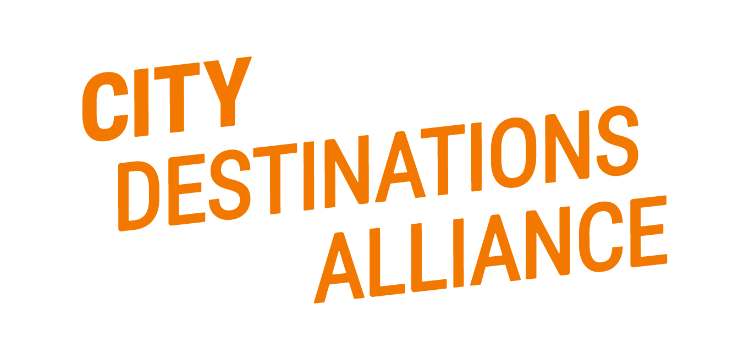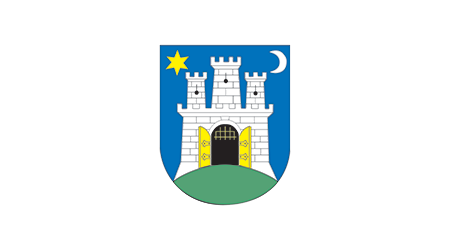One Hundred Years of Activity
Nowadays, Esperanto is the language most frequently learned by young people as it enables them to travel and communicate all over the world. The hundred years of activity of the Croatian Esperanto Association will be marked by a succession of international events, as well as the publication of an Esperanto-Croatian dictionary.
 This year, which has incidentally been proclaimed “International Year of Languages” by UNESCO, the Croatian Esperanto Association is celebrating its 100 years of active work. Esperanto has existed for 121 years now and it is one of the easiest languages in the world to learn. It is estimated to be approximately six times faster to learn than any other language. Those who speak it can usually also learn other languages more efficiently, and more often they are young people that are seeking opportunities to travel around the world.
This year, which has incidentally been proclaimed “International Year of Languages” by UNESCO, the Croatian Esperanto Association is celebrating its 100 years of active work. Esperanto has existed for 121 years now and it is one of the easiest languages in the world to learn. It is estimated to be approximately six times faster to learn than any other language. Those who speak it can usually also learn other languages more efficiently, and more often they are young people that are seeking opportunities to travel around the world.
In Croatia, women were the first to start learning Esperanto in 1889 in Osijek. However, the first Esperanto organization was established in Rijeka in 1907, followed by the founding of the Association of Croatian Esperantists, a year later in Zagreb. In a globalized world, multilingualism is one of the basic tools of social integration, while knowledge of one, neutral, international language that isn’t tied to any particular nation, nor imposed by economic interest, enables an even better understanding between people. Thanks to the Esperantists, books by some of the greatest Croatian writers have been translated from Esperanto into other languages; for example, the best known children’s book “Čudnovate zgode šegrta Hlapića” (“Lapitch, the Little Shoemaker”) by Ivana Brlić Mažuranić, is nowadays also read by youngsters in Japanese, Persian and Bengalese …
On the occasion of marking the 100th anniversary of their activities, in December the Croatian Esperanto Association will publish a large Esperanto-Croatian dictionary by Lucija Borčić, while, throughout November, an impressive international summit called “Esperanto and the Croatian Cultural Identity” will be organized at the Faculty of Philosophy at Zagreb University.
Published: 04.11.2008
 Hrvatski
Hrvatski English
English Deutsch
Deutsch Spanish
Spanish French
French Italian
Italian Russian
Russian Korean
Korean Japanese
Japanese Chinese
Chinese This year, which has incidentally been proclaimed “International Year of Languages” by UNESCO, the Croatian Esperanto Association is celebrating its 100 years of active work. Esperanto has existed for 121 years now and it is one of the easiest languages in the world to learn. It is estimated to be approximately six times faster to learn than any other language. Those who speak it can usually also learn other languages more efficiently, and more often they are young people that are seeking opportunities to travel around the world.
This year, which has incidentally been proclaimed “International Year of Languages” by UNESCO, the Croatian Esperanto Association is celebrating its 100 years of active work. Esperanto has existed for 121 years now and it is one of the easiest languages in the world to learn. It is estimated to be approximately six times faster to learn than any other language. Those who speak it can usually also learn other languages more efficiently, and more often they are young people that are seeking opportunities to travel around the world. 